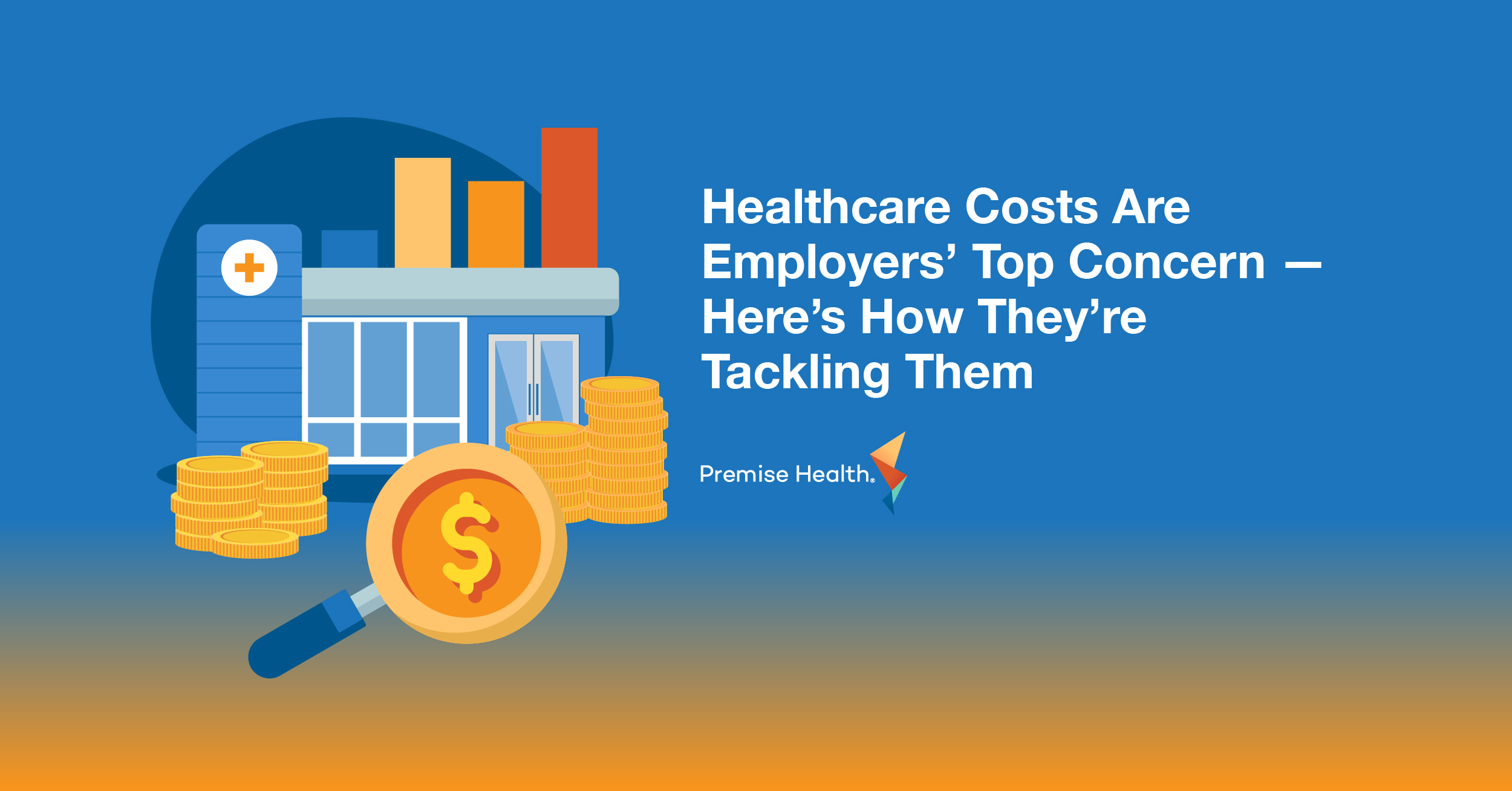Racial Disparities in Healthcare: A Discussion with Dr. Marco Britton, MD, MPH
 Equitable healthcare is care that treats the whole person and allows an individual to reach their best health and wellness. Today, we continue to see racial disparities in healthcare settings that don’t address the unique needs and challenges of each person, especially in Black, indigenous, and people of color (BIPOC). Despite recognizing racial biases in medicine and efforts to address them, many still exist today and, in some cases, have gotten worse. Data released by the Kaiser Family Foundation shows that people of color have worse health outcomes compared to white people for a wide range of health measures, including prevalence of chronic conditions and overall physical and mental health. Life expectancy for black people is also several years lower than white people, especially in black men.
Equitable healthcare is care that treats the whole person and allows an individual to reach their best health and wellness. Today, we continue to see racial disparities in healthcare settings that don’t address the unique needs and challenges of each person, especially in Black, indigenous, and people of color (BIPOC). Despite recognizing racial biases in medicine and efforts to address them, many still exist today and, in some cases, have gotten worse. Data released by the Kaiser Family Foundation shows that people of color have worse health outcomes compared to white people for a wide range of health measures, including prevalence of chronic conditions and overall physical and mental health. Life expectancy for black people is also several years lower than white people, especially in black men.
February is Black History Month, a time that pays tribute to generations of African Americans who struggled, and still struggle, with adversity, but also celebrates their achievements and central role in our country’s history. The month of recognition is also an opportunity for everyone to educate themselves, engage in important conversations, and commit to promoting positive change, especially in our healthcare system.
It’s evident the BIPOC population is not receiving the same quality of care as others do. We sat down with Dr. Marco Britton, MD, MPH, a Premise Health occupational health medical director, to find out more and learn how underserved populations can take healthcare into their own hands.
What differences does a person of color experience in a healthcare setting?
I’d like to say there’s no difference in their experiences, especially now that we’re in 2022. Unfortunately, there’s still bias, discrimination, and racism in the healthcare setting that affects patient experience. The largest differences I’ve witnessed are communication barriers and lack of cultural awareness. Often when working with patients, many providers use confusing medical terms and don’t show any concern for whether or not the patient even understands what they’re saying, regardless of the patient’s health literacy. I experienced this while training to become a doctor. In those instances, I would later return to speak with the patients in terms they could understand, which resulted in positive feedback from the patients, who were grateful.
Also, BIPOC populations too often experience poor bedside manner from their providers. In my experiences, I’ve witnessed providers treat certain demographics, particularly higher socioeconomic class Caucasian patients, with the utmost respect, while patients of other ethnicities and socioeconomic classes, in particular African Americans and Mexican Americans, were treated like second-class citizens. Some were spoken to in demeaning language and voice tone, and some even shared with me they felt like their providers didn’t care about them as individuals. No one should walk into a healthcare setting and worry their provider won’t treat them fairly. A patient should feel confident and comfortable finding a provider that can address their unique needs and show them empathy.
What should BIPOC patients think about as they access healthcare?
BIPOC patients have statistically been shown to be more affected by social determinants of health than non-BIPOC patients. Social determinants of health include:
-
- Safe housing, transportation, and neighborhoods
- Racism, discrimination, and violence
- Education, job opportunities, and income
- Access to nutritious foods and physical activity opportunities
- Polluted air and water
- Language and literacy skills
These barriers must be considered when receiving care as they often impact health outcomes. For example, if a patient is encouraged to incorporate healthier options into their meals but lives in a food desert, that individual will have a difficult time following the provider’s recommendation. Barriers to resources and healthcare access are overcome when social determinants of health are incorporated directly into clinical workflows. By asking questions during the visit, providers can better understand where a patient may need additional support and how social determinants of health impact their overall wellbeing.
Another example is if a patient speaks another language, they need to know if an interpreter will be provided. If a patient doesn’t have insurance, they need to know which financial resources are available to help with costs, including the clinic visit and any prescribed medications.
When we address social determinants of care, we ensure all patients have equal opportunities to make choices that lead to good health.
What are some questions BIPOC patients can ask during an appointment?
I would say that BIPOC patients should ask questions any other human being, BIPOC or not, would ask during an appointment. People should never feel hesitant to ask their provider anything. If those questions help a patient feel more comfortable, a great provider should be willing and able to assist them.
If the BIPOC patient has specific questions that relate to their race, they should feel free to respectfully ask them. For instance, if they are concerned their provider may not be knowledgeable or sensitive to their culture, they should ask if they have had experience treating individuals from their culture. Another example would be if the patient has a potential language barrier, they can ask if the provider is capable of communicating with them, and if not, if an interpreter will be present during the clinic visits.
What should people of color look for in a provider?
The obvious would be a provider who is knowledgeable, competent, and who cares. I would also encourage them to find providers who have the heart of a teacher, so they are not only receiving high-quality care but are also well informed. The provider should be able to educate the patient at a level they can easily understand.
Ultimately, all patients can and should be their own health advocates. All individuals should exercise their right to:
-
- Choose providers most likely to respect and meet their needs
- Advocate and communicate for themselves when they have a negative experience with a provider
- Choose to connect with a provider with whom they feel safe rather than to avoid care altogether
How can patients advocate for their health?
Education and knowledge are the best ways someone can advocate for themselves. At the same time, patients also need to be willing to listen to their provider and see them as the expert. What a patient finds in their research may not always pertain to their exact situation, or the information may be misleading. Their provider can help them navigate the information and provide knowledge based on their years of study and practice.
Another way patients can advocate for their health is to be familiar with their healthcare plans and benefits. Knowing which services are covered and which providers are in network can save them time and money.
Lastly, patients can advocate for their health by recognizing they have options and have the right to shop around until they find providers and services that fit their unique situations. It’s their health, so they must be empowered to know they are in control of it.
Why is it important during Black History Month to think and talk about racial disparities in healthcare?
There are still racial disparities in healthcare for the African American community. One of the reasons the disparities exist is because people aren’t comfortable going to see a medical provider due to a lack of trust. BIPOC populations have been subjects of experimental studies through our country’s history, such as the Tuskegee Syphilis studies. It’s not surprising those populations have a distrust of the medical field, which can be challenging to overcome. While we aren’t where we used to be, we’re also not 100% where we need to be.
As providers, it’s now our job to help ease patient concerns and create trusting environments so they can at least seek care when medical issues arise. African Americans especially are disproportionally affected by certain conditions, so it’s extremely important for them to access care sooner rather than later. When caught early, many chronic conditions can be easily treated and reversed.
What are your hopes for the future?
My hope is that health disparities in BIPOC communities will continue to decrease. I also hope that racial, ethnic, and socioeconomic statuses will no longer prevent individuals from seeking the care they need. Lastly, I hope that no matter what biases we as medical providers carry, we can set them aside and have open minds about people who are different than us.
At Premise Health, we understand there are people who have been historically let down or mistreated by the healthcare system and acknowledge the past and current truth around race and health disparities in our country. We strive to deliver accessible, quality care regardless of your race, religion, national origin, age, ability, sexual orientation, or gender identity. Our providers will meet your questions and concerns with empathy, not judgement. Want to learn more about how your organization can deliver equitable care? We’re here to help.
Next on industry insights.

Healthcare Costs Are Employers’ Top Concern — Here’s How They’re Tackling Them
Read the Blog
How to Futureproof Your Healthcare Benefits
Read the Blog